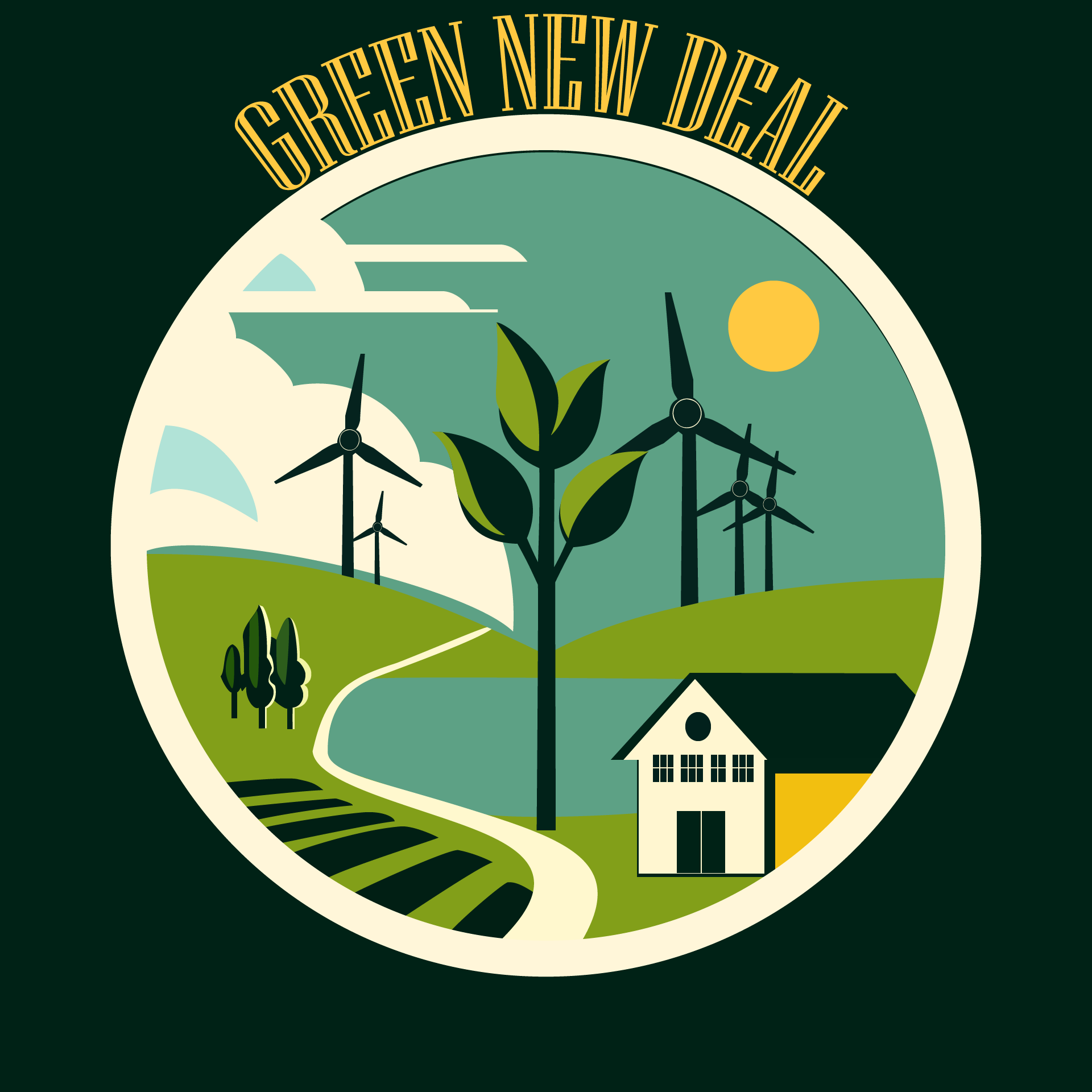Breaking Down the Policy Platform: The Green New Deal
The Green New Deal is a framework for a government agenda to supercharge the economy of the future and avert the climate crisis.
It does this by pumping robust investments into building a cleaner and fairer world while tackling the biggest challenges of the century: climate change, economic insecurity, and racial injustice.
By taking our country back from the corrupt forces that have governed for decades and transforming the fabric of our society to be community led, sustainably powered, and justly funded, we are investing in people and communities rather than corporate profits, and creating millions of good-paying jobs doing all the hard work necessary to avert the climate crisis.
From freak winter storms in Texas that leave millions without electricity to skyrocketing housing costs, people all across the country are facing overlapping crises that are compromising the safety and health of our planet and its people. These crises are daunting, huge in scale and compounding on top of each other, leaving many people in despair on how to create the change we so desperately need.
Enter the Green New Deal.
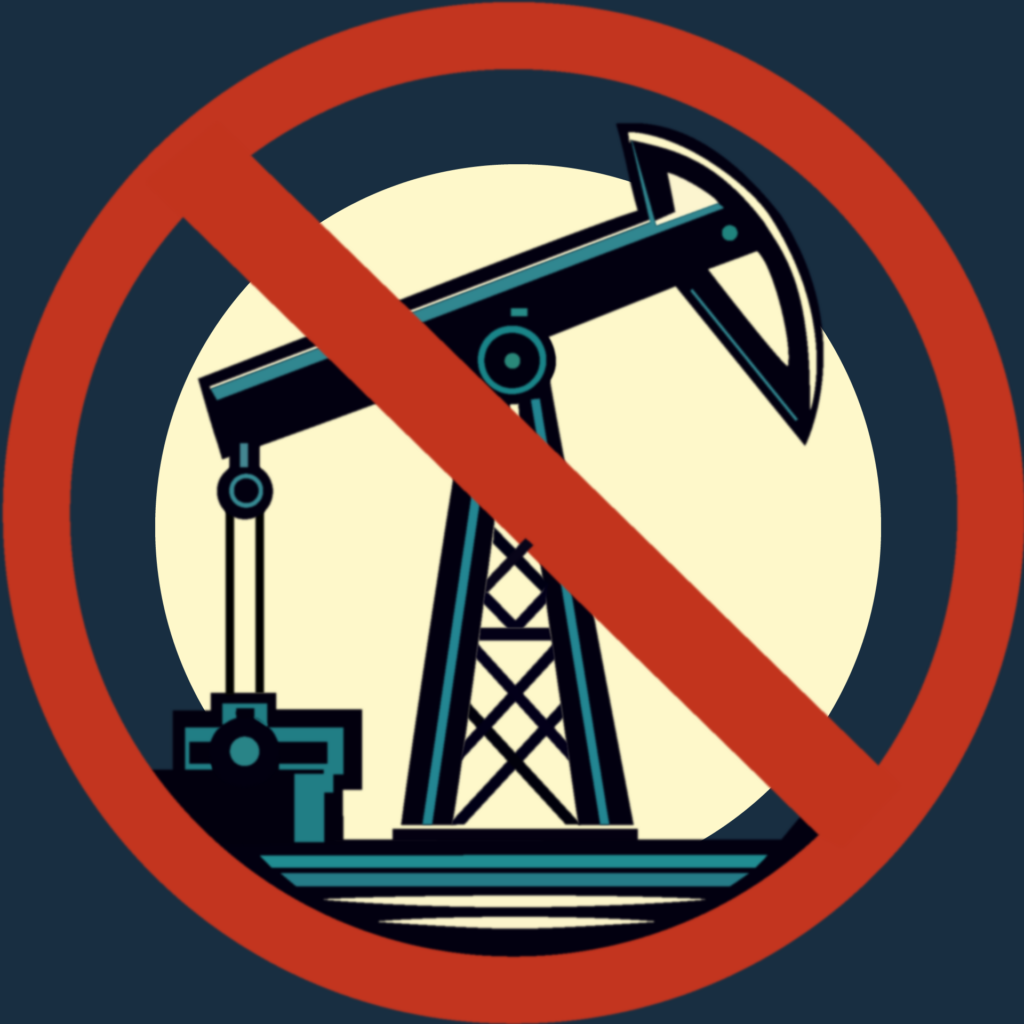
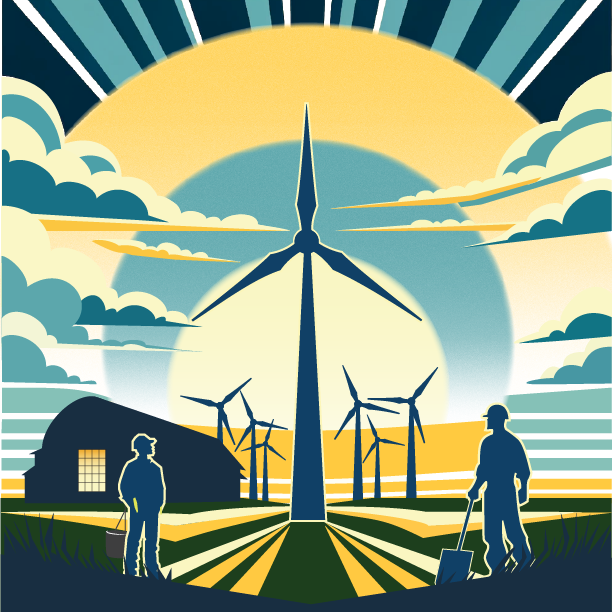

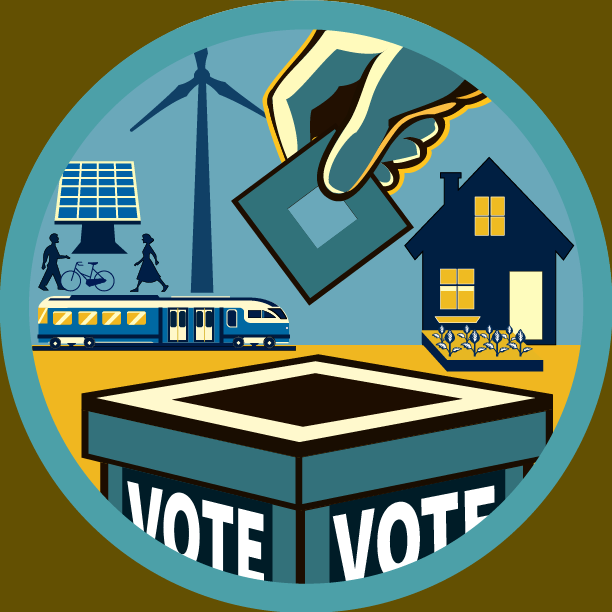
Avert the climate crisis by rapidly transitioning away from polluting energy sources to sustainable alternatives, once and for all ending our reliance on fossil fuels.
- End all fossil fuel subsidies, immediately.
- The US Government spends ~ $20 billion on subsidies for the fossil fuel industry every year, handing them extra cash to destroy our futures.
- No new future fossil fuel projects.
- The science is clear: extracting and burning fossil fuels is worsening the climate, and we must stop immediately.
- Phase out all existing fossil fuel projects by 2035.
- Fund a just transition for workers in fossil fuel industries.
Create millions of good-paying jobs in the clean energy sector, providing fair opportunities for current fossil fuel industry workers, and a permanent public jobs guarantee for vital infrastructure work.
- Invest like our future depends on it.
- We spend nearly $1 trillion yearly on weapons of war, when our biggest national security threat is climate change.
- We should spend at least that much yearly on the jobs and infrastructure necessary to support our transition away from fossil fuels.
- Federal Jobs Guarantee
- There are countless jobs to be done to avert climate crisis, enough that anybody who wants a job could have one. So let’s guarantee that they can, and fund the completion of all of that work.
Heal the environmental damage wrought by the dirty energy economy, paying special attention to the disproportionate impact on poor and marginalized communities and countries.
- Bolster and support communities on the frontlines of the crisis.
- Ensure that 40% of all climate spending benefits frontline communities
- Offer jobs done in frontline communities to members of those communities first.
Foster international collaboration to address climate change, recognizing the disproportionate responsibilities of wealthy colonial powers and the disproportionate impact Equatorial and low-lying countries are already facing today
- Contribute proportional investments to our impact.
- The first countries to industrialize have contributed the lion’s share of pollution and climate emissions.
- We should be the first to decarbonize, and ensure supportive resources to countries disproportionately affected.
- Respect Indigenous Sovereignty
- Fully honor treaties with Indigenous nations.
- Stop building fossil fuel infrastructure through or impacting Indigenous land, water, and air, against their governing consent.
Reshape our economy to serve the people, not profit, ensuring environmental sustainability and democratic values by lifting the chokehold of corporate influence on our government.
- For the people, not for the profits.
- We have built an economy and a society that respects the “right” of billionaires and corporation to make endless profits, but not the rights of working people to a dignified wage. It’s time we reversed that.
- End corporate corruption
- The Citizens United ruling allowed our government to be sold to the highest bidder, and corporate corruption rises with each election. We must overturn Citizens United and greatly curtail the ability of corporations to meddle in our elections.
- Divest from death; invest in the future.
- We spend a nearly a trillion dollars on the militaary. Cities spend 25%-40% of their budget on policing. What if instead of weapons of war and prisons, we spent our government dollars investing in averting the climate crisis and making every community in America a better place to live?
Embark on a society-wide mobilization to combat the climate crisis, transforming every sector: from energy to agriculture, from housing to transportation, and more, building a sustainable and equitable future.
- Unleash the full force of government on the climate crisis.
- Pass Green New Deal legislation at all levels of government: federal, state, and local. It’s going to take all government entities working hand in hand with the communities they represent to shepherd such a massive transition in our society
- Declare a Climate Emergency. In 1933, Roosevelt declared a national emergency to respond to the Great Depression. President Biden should do the same to respond to the climate crisis.
- Treat the Climate Crisis like the cross-sectoral crisis it is.
- Every bill of the Green New Deal era should account for the climate impacts
- Every sector of society should be factored in to our ability to respond to the climate crisis.

An Intersection of Crises
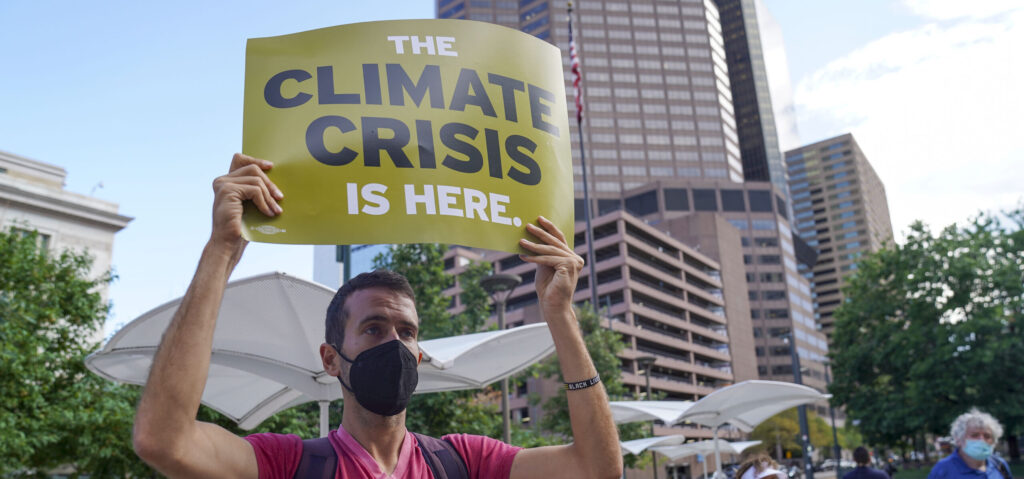
The climate crisis isn’t the only crisis bubbling to the surface in the 21st century.
- Two economy-shattering recessions in the last 15 years have cost millions of families their jobs and homes. Meanwhile, wages have stagnated for decades, leaving working families struggling to get by.
- The cost of housing – whether renting or buying – continues to rise.
- Decades of disinvestment and active plundering is leaving an aging populace increasingly without a safe retirement or the necessary care workers, as the American healthcare system lags dramatically behind other nations of similar wealth.
- Across the US, hard-fought racial justice victories are being rolled back by an emboldened right wing fascist political party, intent on enforcing permanent unrepresentative rule through gerrymandering and voter suppression.
More Detailed Information about the Green New Deal
To fully understand this transformative proposal and its far-reaching implications, we will also provide detailed dives exploring various aspects of the climate crisis and the Green New Deal below. These essays will serve as a rich source of information, offering insights into how this bold initiative can reshape our society for the better.
It’s essential to understand the roots and ramifications of the climate crisis. It’s not just about rising temperatures and extreme weather; it’s a crisis that intersects with social, economic, and political dimensions. Grasping the full spectrum of the climate crisis is crucial for comprehending why comprehensive solutions like the Green New Deal are necessary and timely.
-
- What is the climate crisis?
-
- What are the causes of the climate crisis?
-
- What will it take to avert the climate crisis?
-
- What is environmental racism?
The Green New Deal is an ambitious blueprint for change, encompassing a broad range of sectors that are pivotal to our society and economy. understanding the details of these sectors reveals the comprehensive nature of the Green New Deal and its potential to drive profound and positive change. These sectors represent the pillars of our society and economy; transforming them is essential for a future that is both environmentally sustainable and socially just.
- Federal Jobs Program/Guarantee (including training/education)
- Energy and Power
- Buildings and Housing
- Transportation
- Food and Agriculture
- Industry reform
- Pollution reduction and cleanup
- Natural disaster response (Civilian Climate Corps
At the heart of the Green New Deal are critical considerations that transcend traditional policy categories. Social justice, economic equity, and inclusivity are not peripheral issues; they are central to the design and success of the Green New Deal. Acknowledging and addressing these considerations is essential to ensure that the solutions we pursue are just, effective, and sustainable.
- Job Creation
- Racial justice
- Disability Justice
- Indigenous Sovereignty
- Our Obligation to Future Generations
- Regional interests (urban vs suburban vs rural)
- Avoiding false solutions (those that reinforce the extractive economy, harm local communities, or fail to actually reduce emissions)
The Green New Deal reaches into areas that might initially seem unrelated to environmental policy, yet they are crucial to its success. Understanding this interconnectedness is key to realizing the comprehensive vision of the Green New Deal.
- Healthcare
- Policing
- Immigration
- Demilitarization
- Automation
- Cost of Living
- Shorter work hours
